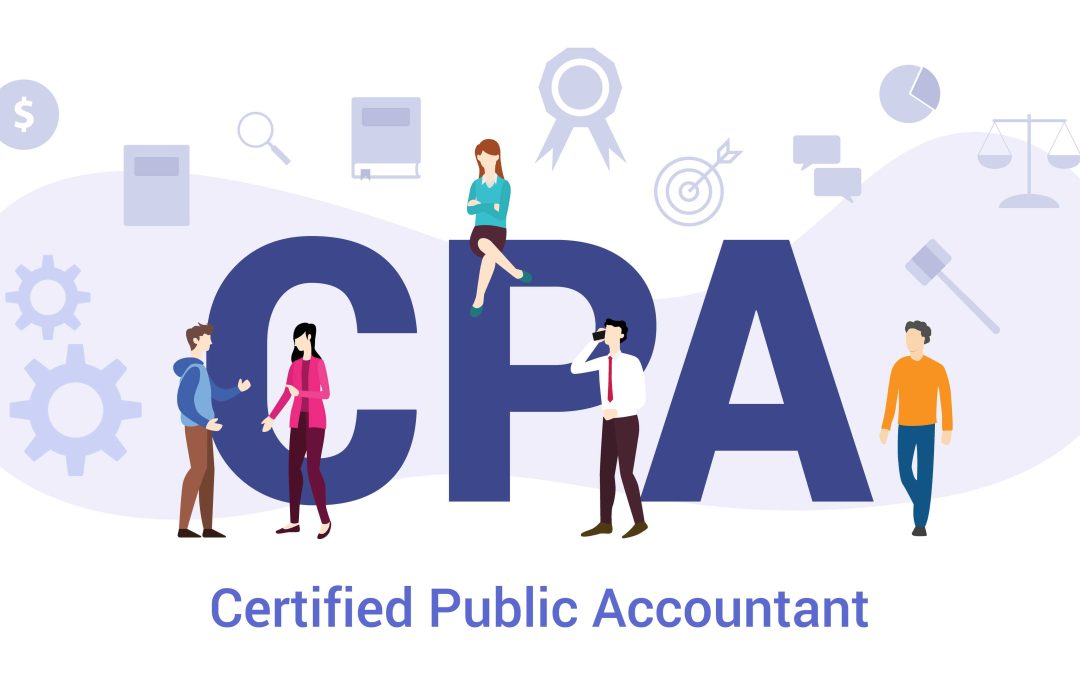Are CPA’s Solely Tax Gurus?
Certified Public Accountants (CPA) are highly trained people, specializing in accounting. They took the time to earn a professional designation by meeting several requirements. The conditions they met include passing the CPA exam, their level of education and experience. These professional accountants are considered trusted business advisors and are well respected. Contrary to many thoughts, CPAs focus on more than just tax planning and preparation. But what exactly do CPAs do other than taxes?
What Do CPAs Do?
CPAs help business owners make informed decisions, ultimately helping them to achieve their business’ goals. Also, their level of experience and expertise allows them to provide guidance and advice. There are a few common areas of expertise that CPAs focus on. These areas include:
- Auditing and assurance services
- Tax preparation and consulting
- Consulting services
- Financial planning
The guidance and services a CPA provides can be advisory, specialty consulting, or relating to the daily operations of a business. Some examples of the day-to-day services include bookkeeping and payroll administration.
Advisory services can include assistance in recruiting future accounting staff, creating budgets, and forecasts/projections. Government contract consulting is an example of a specialty service. As a government contractor being DCAA compliant is imperative.
Benefits of Working with a CPA
As a business owner, it is very easy to get caught up in the daily. You become so focused on this, that you often push aside the financial health of your business. Working with a CPA can help you with this. They provide many benefits for a business. These benefits include:
- Giving you more time to focus on running your business.
- Being compliant with applicable laws (Tax, FAR, DCAA)
- Receiving personalized business advice.
- They can help with business growth and development.
CPAs are highly educated and experienced accounting professionals. Often, they are associated with tax planning and preparation. However, their skill set is far greater than just taxes. They possess the knowledge to provide reactive guidance when errors occur. While simultaneously using foresight to encourage growth and guidance.
Originally written by Maryney Ramirez
Updated and additional content provided by Elizabeth Partlow

